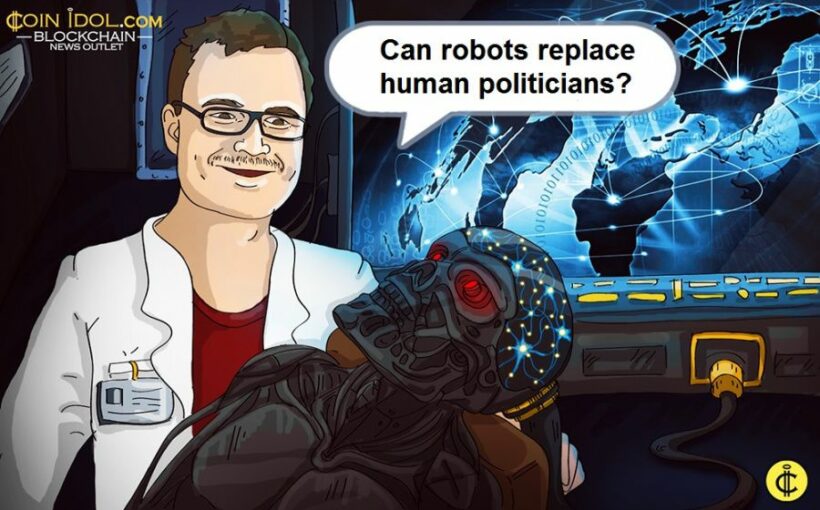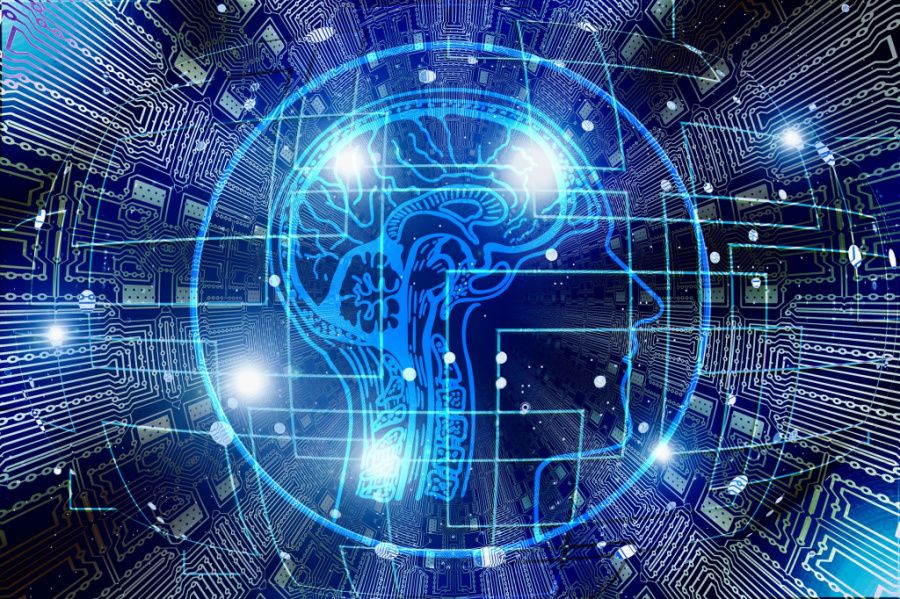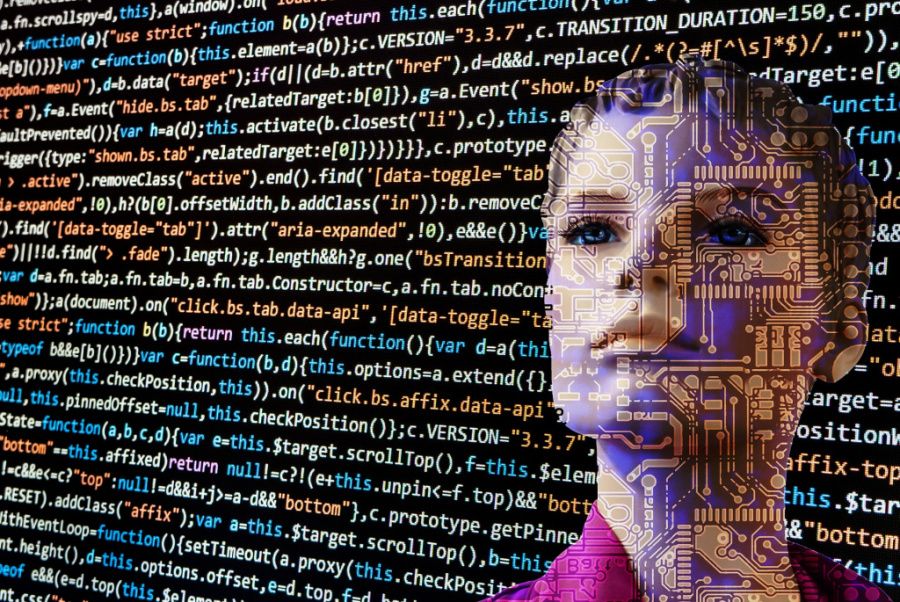In this era of technological revolution, several employers, companies and organizations are trying to adopt machine learning, decentralized technologies such as blockchain and distributed artificial intelligence (DAI) to improve work efficiency and reduce operational costs as the adoption of these tools leads to a reduction in the workforce.
These artificial intelligence (AI)-powered applications have proven to have faster execution speed, greater operational capability, efficiency, and accuracy, and significantly excel in mentally demanding and mechanical tasks compared to humans. Conversely, Human Intelligence (HI) correlates with adaptive, dynamic learning and experience.
AI-controlled machines will be far more intelligent than humans
AI is the simulation of HI processes by machines, mainly PC systems. Even though AI is highly sophisticated – today machines can learn from experience and use that experience to make intelligent decisions – AI cannot work effectively and optimally unless it relies on natural and intrinsic human characteristics such as human intuition.
Some technology experts believe that robots and other AI-controlled machines will be thousands of times more intelligent than humans. This is because similar to the natural brains of humans, AI-controlled devices like robots have a computer (PC) installed in their structure to help them think and act accordingly. But these PCs used by AI-controlled devices are not yet at a level of complexity that the human brain possesses. Nevertheless, some PCs are enormously sophisticated and complex, and they have the potential to perform tasks more effectively than humans.
Artificial intelligence has been around for decades and it is about to become a big part of our daily lives. The technology is being used in various areas such as vehicle speed control, search engines, robotic greeters in shopping malls, smartphones, and others. Some of the notable benefits of AI that are currently changing the world include automation, managing repetitive tasks, intelligent decision making, increasing business efficiency, medical advancement, business continuity, improved customer experience, minimizing errors, solving complex problems, research and data analysis, and much more, including its use in locating oil and gas wells, space exploration, advancing defense systems, etc.
AI leads to higher revenues and lower costs
AI helps reduce costs in many businesses and organizations. For example, when AI is used in interpreting policies, benefits, and costs in healthcare, it helps reduce administrative overhead and even improves the accuracy and precision of patient cost estimates.
According to a WSJ report, AI-driven systems at oil and gas explorer Royal Dutch Shell have helped reduce the time it takes to create clearer images of rock formations by about 80%.
In fact, according to Forbes’ report, 63% of executives whose companies have used artificial intelligence said the technology has increased revenue in the business areas (especially marketing and sales) where it is used, and 44% of executives said AI has reduced costs (especially in manufacturing).
Robots instead of politicians?
After realizing the potential of AI, most Russians now want State Duma deputies to be replaced by AI, SuperJob’s survey shows. Similarly, 51% of residents of European Union nations feel the same way, according to The Next Web’s report.
About 53% of Russians who participated in the survey support the idea of replacing deputies with artificial intelligence. Citizens believe that the neural network will honestly consider the interests of the population and will not participate in the increase of corruption in government departments. Citizens are not satisfied with the work of the authorities, and others think that artificial intelligence will consume less money than deputies and parliamentarians.
On average, a Duma MP earns a salary almost 10 times higher than the average salary in Russia, which is $415 a month, i.e. the MP earns $4,150 on average. On the other hand, industrial robots complete with controls can cost about $50,000. Keep in mind that the State Duma has about 450 political seats, which means it can spend about $1,867,500 each month. The same money can buy about 37 AI-controlled robots per month, which can do almost the same work as the deputies. Therefore, the introduction of AI will help reduce spending on politicians.
Not so fantastic as it may seem
Still, Russians aren’t the only ones who lack trust in human authority. Back in May, a similar study by the University’s Center for the Governance of Change IE showed that over half of Europeans and nearly 75% of Chinese would welcome artificial intelligence in place of human lawmakers.
While people in China may simply yearn for more democracy, it is not entirely clear why Europeans are so suspicious of their authorities. Probably the reason lies deep in human nature: there is no one-size-fits-all policy. There are always those who would be dissatisfied.
The idea of replacing humans with artificial intelligence has come to resemble a kind of Sci-Fi movie. The current capabilities of machines are far beyond those of human intellect. But as time goes on, AI means to evolve, so this may prove less impossible than it seems. After all, the sophisticated devices in our pockets used to be part of the Sci-Fi artwork too, but now no one wonders about smartphones.
What do you think, will Artificial Intelligence be able to beat human intellect in the future? Let us know in the comments below!
Source: Read Full Article


